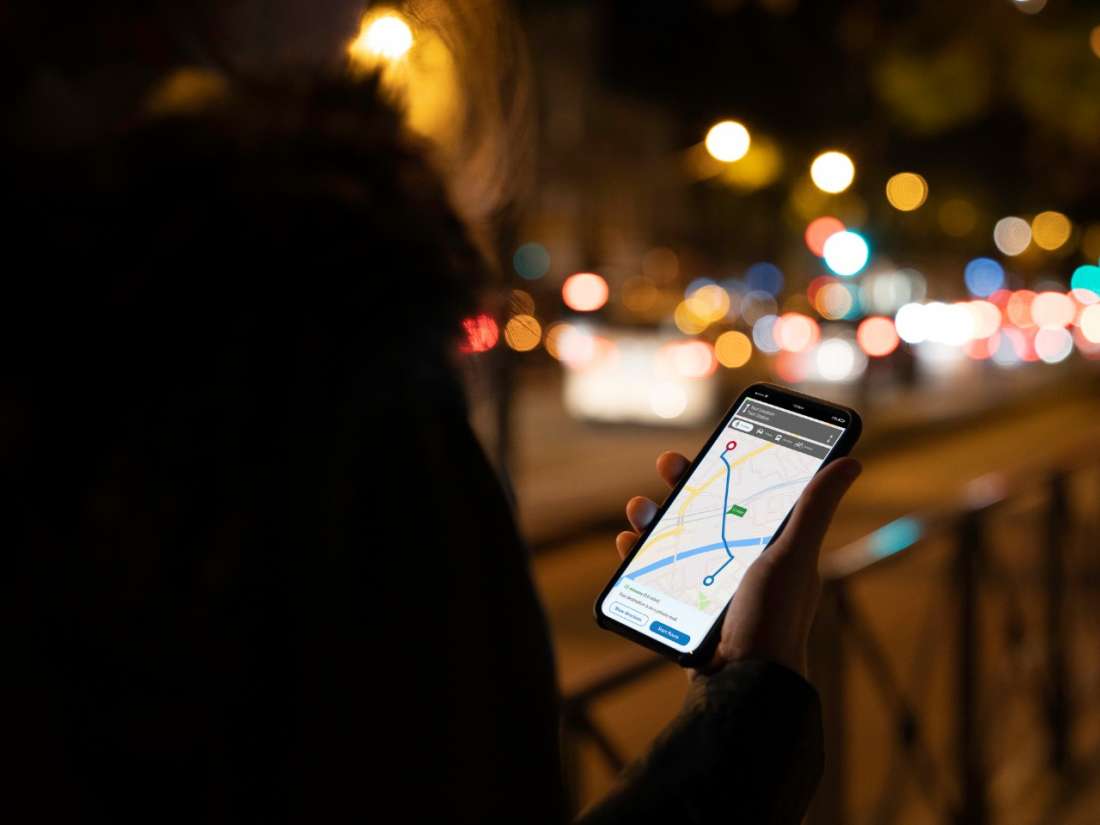..While you used to have to ask someone where they were to know their location, you can now track it on your phone. Almost all phones come with a location-sharing app like Find My Friends that lets you connect with other people’s phones. Another version of this is location tagging on Facebook and Instagram. By posting where you are, anyone can track your movements.
Like most technology-related advancements, there are split opinions about this location sharing feature. To get a better understanding of how and why these apps are being used, we asked 1,000 Americans their opinion on location sharing.
Here is what we found:
- 65% of Americans have never used their phone’s location-sharing feature.
- A quarter of Americans think location sharing is an invasion of privacy
- Females share their location with friends, family and significant others more than males.
A Majority of Americans Claim They Aren’t Using Location Sharing
When asked if they’ve what the primary reason for looking at someone’s location is, 65% of Americans responded that they have never used their phone’s location-sharing feature.
The other 45% of people listed a variety of reasons why they would share their location. 17% want to ensure the person is safe, 8% use it to find someone’s estimated time of arrival, 3% use it to find someone at an event, 3% want to see if people are telling the truth about their location and 3% cited other reasons.
It’s clear that those who intentionally use location sharing on their phone are doing it for safety and utility reasons rather than distrust in someone. In an age where 68% of men and 47% of women have snooped on their partner’s phones, it’s surprising that geotracking is not being used to spy as well.
Who Do People Allow Others to Track Them?
Allowing someone to track you can start with good intention, but quickly turn negative if used the wrong way. A friend who is trying to find you at a concert could become an enemy that is still able to track where you are. A significant other who wants to see your estimated time of arrival could turn into an ex who can now see your every movement. So who do people let track them?
47% of females listed family, friends and significant others as people they shared their location with. Only 28% of males listed those three categories.
Americans Find Location Sharing an Invasion of Privacy
When asked their feeling about their phone’s location-sharing feature, 26% thought it was an invasion of privacy, 23% thought it was useful and 6% said it made them feel safe. A majority of respondents were passive, listing none of the above as their response.
People Who Aren’t Using Their Tracking Are Still Being Tracked
As our data shows, a large portion of respondents cited that they haven’t purposefully used location tracking. These people haven’t intentionally shared their data with close people in their lives. Unfortunately, this doesn’t mean their location isn’t being tracked.
Even if you are among the 81% of people who know how to turn off location tracking on their phone, Google and Apple could be tracking you through other apps. In fact, any time you use an app that uses location, the history is being tracked by Google or whatever company owns the app.
The New York Times found that at least 75 companies they analyzed receive anonymous precision data from news, weather and other apps. These companies are able to track up to 200 million mobile devices in the U.S. In addition, they are given specific details of the location within yards of the person, updated 14,000 times a day.
This means even those people who aren’t purposefully using their phone tracking with friends or family might still be tracked.
Tips For Keeping Your Location Sharing Private
Location sharing was designed to be helpful. It has created an easy way for parents to check up on their kids or people to find their friend’s ETA without texting to ask for updates while they are driving. Tasks can be made simple with this geotracking feature.
Unfortunately, the issue of privacy comes into play. You have to be sure you are using the sharing feature safely with trusted people.
To help you keep your location private follow these tips:
- Don’t share your location with the general public, people you just met or strangers.
- If you’re sharing your location with someone for a specific event, remember to turn it off when you’re done.
- Regularly check who you are sharing your location with to ensure it’s people you still trust.
- Check your app permissions to see which ones are able to use your location. If you don’t use them for location-based activities, turn off the location sharing.
- For those who have an Apple device and don’t want to be tracked at all, this can be changed. Go to the “Privacy” option in your settings menu. Once here, choose “Location Services.” From there, click on “System Services” and turn off “Significant Locations.” Browse through any other items on the menu to see what app has used your location recently.
- If you have an Android, be sure your location history is off. This should be off by default but you can check by going to “Settings” and choosing “Accounts & privacy.” From there select “Google activity controls” and ensure that “Google location history” is turned off.
- Use a VPN to prevent apps from tracking your exact location.
Even if you don’t think you are sharing your location, it’s always a good idea to double-check. The default setting on your phone may be making your private information public.
Methodology
This study was conducted for Panda Security using Google Consumer Surveys. The sample consists of 1,000 respondents in the United States. The survey was conducted in February 2020.
Source:
